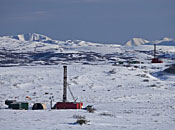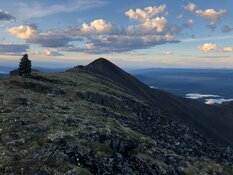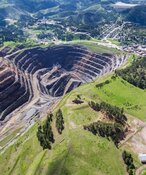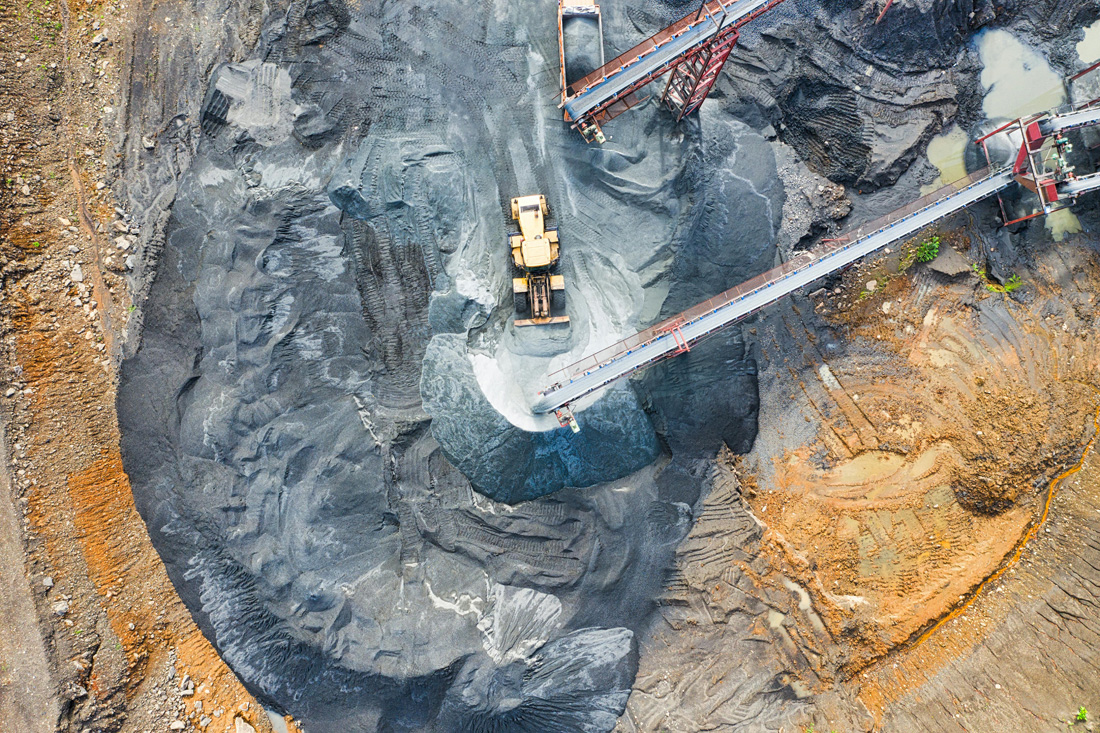
Strange things happen when you ask exploration company management a hypothetical question about the juiciest regions for discovery.
Every year the Fraser Institute sends out a questionnaire to mining types. Most of them are exploration management (as self-reported.) This year it sent out a little over 4,000 questionnaires and it got back responses from just over 10% of that score.
One of the topics the Fraser Institute addresses, among many, is a question of fantasy. To paraphrase: Based on what you’re familiar with, what areas hold awesome potential for discovery assuming there are no impediments to exploration, like nasty dictators, pushy antiminers and prohibitive regulation.
The idea, the Fraser Institute says, is to poll what its respondents think are the best regions in terms of raw exploration potential.
It gets weird in two ways. It seems the potential of the world's rocks, to the survey's respondents, changes very rapidly, as year to year the best of rankings bounce erratically. And each year the ranking makes for odd juxtaposition.
Let's take this year's survey. It doesn’t start out too controversially. Yukon tops it. Alaska comes next. Nevada thereafter.
Now I have no qualms with these places for exploration. They have great rocks. People should explore them. They will yield more discovery.
But then you scan down the list and start seeing more untapped or just simply vaster places to explore—often blindingly so.
So Russia—all of it—comes in 40th.
Or Nova Scotia. It comes in at 92, one spot ahead of Turkey and two spots ahead of Kyrgyztan.
Hmm.
For all its real potential, Nova Scotia simply lacks the prospectivity on the scale of either Turkey or Kyrgyztan, which are proven to host numerous large or world class base or precious metals deposits (e.g. Kumtor in Kyrgyztan or Kisladag in Turkey, among others, with major discoveries ongoing especially in Turkey, which is fairly permissive for exploration.)
Then there is the fickle nature of the ranking. Three years ago respondents to the Fraser survey gave a much different picture of the best places to find a deposit assuming, again, good exploration policy, stability, etc.
Indeed, the top 10 was full of places that are no longer in the top 10.
Three years ago, Mongolia topped the list. Then came Papua New Guinea (3), Indonesia (4), Botswana (9) and finally Turkey (10).
Go figure. The rocks didn't change, but the attitudes toward them sure did.
I suspect the fall from grace of countries like Mongolia, Papua New Guinea and Indonesia reflects souring views of riskier jurisdictions in the past few years. Indeed, now the top 10 hosts what many would consider more stable jurisdictions: Quebec (10), Idaho (9), Western Australia (8), Peru (7), Chile (6), Manitoba (5), Northwest Territories (4), Alaska (3) Nevada (2) and Yukon (1).
In other words, respondents, I think, couldn't help but hold onto their bias against a place, due to knowledge or perception of impediments to exploration, which is precisely what the ranking asked them to leave behind.
That the ranking is in such as state of flux—like Turkey, more realistically, in spot 10 three years ago but down to 93 this year—also reveals very flexible views of the notion of familiarity. This was one of the terms of the question by the Fraser Institute that respondents judge areas they know.
You could dismiss the odd rankings this year alone (e.g. Nova Scotia ahead of Turkey) as reflecting respondents comfort in their knowledge or experience in an area. Yet clearly just a few years ago respondents were very much more comfortable in judging far flung places than they were this year.
If we're getting a perspective on exploration potential in a more perfect world without major obstacles to prospecting (like war and drug runners), it's one polluted by erratic confidences.
Still it's an interesting question: What places do explorationists consider the most prospective?
We might get to a more useful outcome if the Fraser Institute did two things.
First, I'd drop the term of familiarity. Just plain ask people to rank pure exploration potential in that perfect world. For part of what we want the question to answer is where would you go to explore if you could but you now, essentially, can't or wouldn't for non-geological reasons.
And second, ask respondents if they're geologists or not.
Kip Keen
Mineweb



































